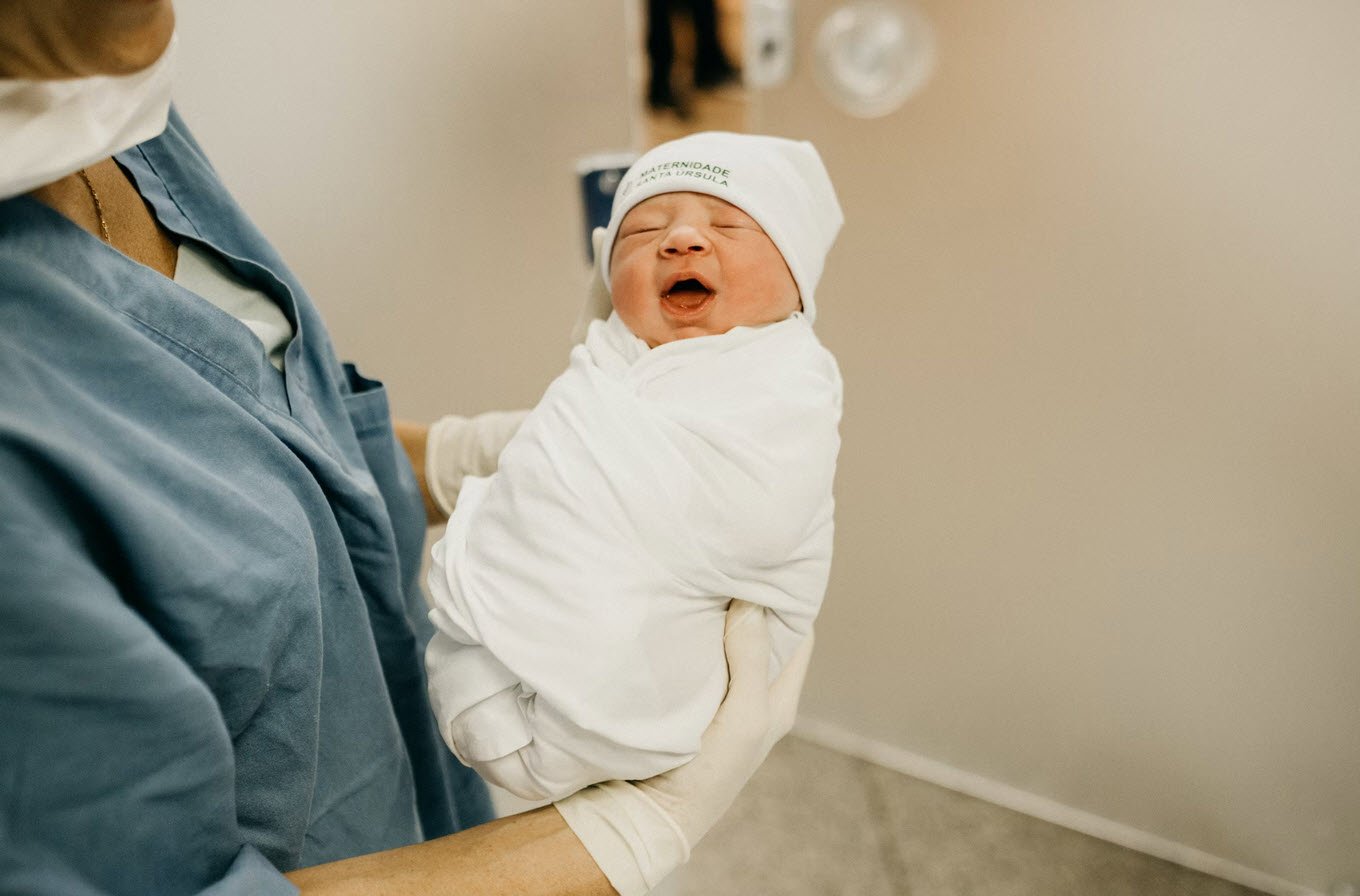
Anaemia has long been recognized as a major public health problem especially in developing countries like India. During pregnancy, level of haemoglobin below 11 gms/dl, is labelled as anaemia.(Before women were pregnant, they needed about 15 mg of Iron per day, now women need twice this amount. i.e. approximately 30 mg per day.40 – 60% of are pregnant woman, suffer from anaemia.
Also Read:
- Preeclampsia – Pregnancy Complications
- Gestational hypertension – Pregnancy Complications
- Gestational diabetes – Pregnancy Complications
- Thyroid Disease in Pregnancy – Pregnancy Complications
Causes of Anaemia
Physiological anaemia: During pregnancy, the volume of plasma (fluid portion of blood) increases dramatically by 45% while the red blood cells (cells, which contain haemoglobin, i.e. the iron content) increases by 15% only, causing a dilution of blood, also called dilutionalanaemia or physiological anaemia.
Nutritional anaemia: Iron deficiency is the commonest reason for the development of anaemia. Deficiency of iron in food, poor reserves of iron in the body, excessive blood loss, poorly spaced pregnancies. Prolonged lactation for more than 6 months all contribute to the occurrence of nutritional anaemia.
Prevention can be achieved by the simple practice of a well balanced diet and regular intake of iron.Poor absorption of iron from the intestines is due to worm infestation like hookworm. There is intestinal hurry causing less iron absorption. The average diet would appears adequate in iron content (20 – 22mg) for a non-pregnant adult woman.
But various factors inhibits iron absorption such as phytates, deficiency of ascorbic acid (Vitamin C), calcium and proteins, which tend to lower the iron absorption, causing nutritional anaemia. During pregnancy, there is increased demand of iron. The iron is taken for:
- Expansion of Red blood cells
- Iron transferred to foetus
- Blood loss at Delivery
- Basal Iron requirement
- Chronic infection of gastro intestinal tracts, urinary tract can cause anaemia
Deficiency of folic acid and Vitamin B 12 (Cyano-cobalamine) leads to megaloblasticanaemia (type of anaemia).Improper supplementation in pregnancy and lactation due to:
- Late registration for antenatal clinics
- No regularitory in taking drugs ( non compliance)
- Poor follow up.
Sign and Symptom
- Loss of appetite.
- Fatigue – weakness.
- Restlessness.
- Breathlessness – difficulty in breathing.
- Chronic urinary tract infection.
- Oedema – swelling all over the body.
NOTE: These are primarily symptoms of the mother. The foetus is an excellent parasite. Inspite of low levels of haemoglobin in blood of the mother, the foetus draws required amount of iron for himself, putting the mother’s condition at risk.
Diagnosis
Haemoglobin estimation is the basic test and gives clue regarding the severity of anaemia.
Levels of haemoglobin
- 8.5% gm – 10% gm. Mild form of anaemia.
- 7.0gms – 8.5 gm. Moderate form anaemia.
- Less than 7.0 gm. Severe form anaemia.
The severity of anaemia is directly proportional to the occurrence of complications during pregnancy, (labor) delivery and in later period.
Peripheral Blood Smear
- It gives information regarding the type of anaemia and the red blood cells characteristics.Others tests done are: Red blood cell count – Normal is 3.5 to 4.5 million/cubicmm
- Packed cell volume-normal more than 32%
- Mean corpuscular haemoglobin concentration (MCHC) more than 30% serum iron concentration
- Total Iron-binding capacity
- Stool examination to rile out worm infections.
- Ultrasonography to rule out intrauterine growth retardation. amniotic fluid abnormalities, etc.
Treatment
- Pre-planned pregnancy with adequate antenatal care.
- Healthy dietary habits with ingestion of vegetables and fruits daily.
- Widely spaced pregnancies, in case of multiple pregnancies.
- Treatment of any menstrual problems for example excessive amount of bleeding during menses (menorrhagia), bleeding for prolong period of time, etc.
- Replenishing the iron stores by taking iron supplementation during pregnancy and lactation.
- Treatment of worm infestations, if any
- Treatment of bleeding through rectum (piles), etc.
- Treatment of anaemia consists of taking oral iron pills daily, usually 2nd half of pregnancy. The common iron preparations are Fefol.2, Solteron, Autrin, Fecontin etc. Depending upon the severity of anaemia, the dose of the pills are adjusted as once, twice or thrice a day. It is advisable to take pills after meals to reduce the common side effects like nausea, vomiting, constipation, diarrhoea occasionally joint pains etc. To prevent Iron deficiency anaemia, it is generally recommended that expectant mothers should eat a diet rich in iron.
- Pregnancy: After Birth: Should You Return to Work?
- What Foods to Skip While Breastfeeding?
- Managing Exposure to Chickenpox and Rubella in Pregnancy
- Common Health Issues in Babies After Birth
- Common Issues During the Second Month of Pregnancy
- An Intimate Pregnancy – A Brief Guide
- Urinary and Vaginal Problems During Pregnancy – A Brief Guide
- 8 Common Congenital Problems in Newborns You Should Know
- 6 Common Issues During the First Month of Pregnancy
- The Do’s and Don’ts of Safe Exercise in Pregnancy









This Post Has One Comment